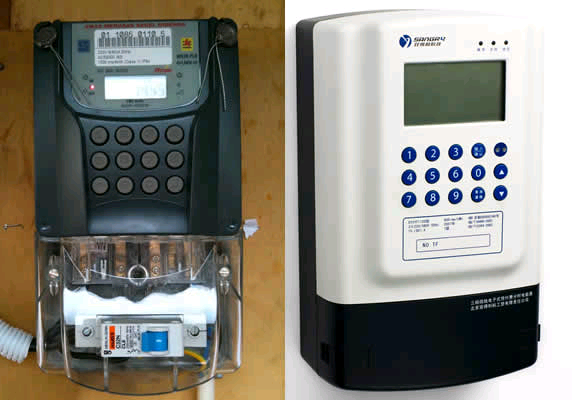The Federal Government of Nigeria has commenced the bid opening process for the supply of 1.25 million electricity smart meters, which are funded by a $155 million loan from the World Bank. This initiative is part of the National Mass Metering Programme initiated in 2021, with the supply of one million meters in the initial phase (phase-0).
The phase-1 of the project faced challenges as the expected N200 billion funds from the Central Bank of Nigeria (CBN) did not materialize. The World Bank intervened with a $500 million loan for the phase-2, with the balance of $345 million allocated directly to electricity distribution companies (DisCos) to support the expansion of distribution networks across the country.
The bid opening took place in Abuja, and Olu Veihejen, the Special Adviser to the President on Energy, expressed the government’s commitment to providing meters for all electricity customers and ending estimated billing. The procurement process for 1.25 million pre-paid meters is set to begin this month. The goal is to address the longstanding issue of estimated billing, improve the performance of Distribution Companies, and move towards cost-reflective tariffs.
According to Veihejen, the Federal Government is determined to deliver reliable and cleaner electricity to the Nigerian people and businesses. The National Mass Metering Programme aims to fulfill campaign promises, with the second phase involving the procurement of 1.25 million smart meters.
Engr. Tukur Musa Bamalli, Assistant General Manager at the World Bank PIU, Transmission Company of Nigeria (TCN), explained that the first set of meters under phase-2 is expected by June of the following year. The procurement, funded by the World Bank, is part of a three-phase National Mass Metering Programme. Local companies will receive special consideration in the bidding process, with the aim of ending estimated billing and achieving cost-reflective tariffs. The entire 1.25 million meters are anticipated to be supplied by the first quarter of 2025.










